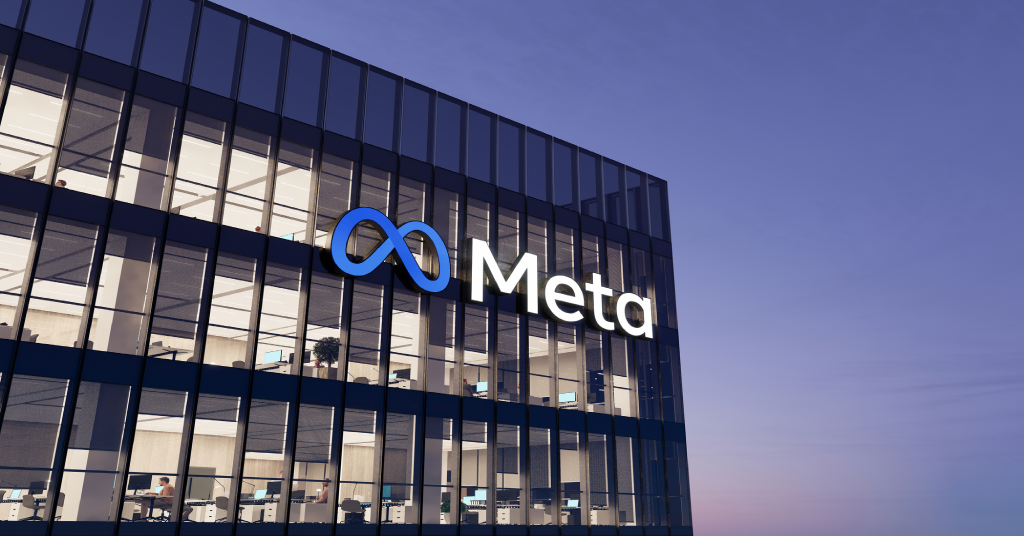In a major turning point for its monetization strategies, Meta Platforms Inc., the parent company of Facebook, announced that it has disbursed over $2 billion to content creators in 2023. This revelation underscores the significant strides made to enhance the monetization of various content formats on its platforms. This announcement coincides with the introduction of the Facebook Content Monetisation beta program, which is designed to broaden the earning opportunities for creators by streamlining the monetization process. In its blog post, Meta noted that since the inception of its monetization initiatives in 2017, over four million creators have benefited from distinct programs, which allow them to generate income from videos, reels, photos, and text posts. Remarkably, payouts for reels and short videos have soared by more than 80% over the past year.
The newly integrated Facebook Content Monetisation programme consolidates three previously existing initiatives—In-Stream Ads, Ads on Reels, and the Performance Bonus—into a single offering. This strategic move is intended to simplify the process for creators by providing a unified platform where they can earn from various content formats while also tracking their performance through a single dashboard. Meta acknowledged that while its monetization programs have been beneficial for creators, the complexity introduced by differing eligibility requirements and sign-up procedures led to some creators missing out on opportunities or being excluded from certain earning formats. The company revealed that only one-third of monetizing creators on Facebook currently leverage more than one funded program, highlighting the need for this streamlined approach.
Meta’s assurance that creators’ earnings will now be linked to the performance of eligible content represents a shift to a more performance-driven model. The content monetization will function under the same payout framework that governs Ads on Reels, In-Stream Ads, and Performance Bonuses. As such, creators who have successfully monetized through one program will find that this success can extend into other content formats, enabling them to benefit from a broader revenue-generating potential. This move is expected to not only bolster the earnings of existing creators but also attract new content producers to the platform, who may have previously been hesitant due to the complexities involved in the initial monetization setups.
Significantly, Meta has commenced notifying one million creators who are already monetizing on Facebook to join the beta program. This initiative signifies Meta’s commitment to enhancing its creator ecosystem and fostering a more inclusive environment for monetization. The invitations to join the program are accessible through the monetization tab in the Professional dashboard on mobile devices or via the Meta Business Suite on desktop. This user-friendly approach is intended to encourage creators to seamlessly transition into the new program and leverage the full range of monetization avenues available to them.
Adding to the excitement, Meta also announced that starting July 2024, content creators from Nigeria and Ghana will be able to earn money on Facebook for the first time. This expansion into Africa marks a significant step forward in Meta’s global outreach efforts, providing creators in these countries with newfound opportunities to monetize their content. The inclusion of these regions highlights Meta’s dedication to fostering diverse talent and ensuring that creators from underrepresented markets can participate in the growing digital economy.
Overall, Meta’s proactive measures reflect an ongoing commitment to enhancing the monetization framework for creators on its platforms. By simplifying access to tactics and optimizing the applicability of its monetization programs, the company aims to empower creators to maximize their earning potential. Coupled with expansions into new regions, this initiative not only stands to benefit current users but also paves the way for a richer creator ecosystem on Facebook as it continues to adapt to the evolving landscape of digital content creation and consumption.


